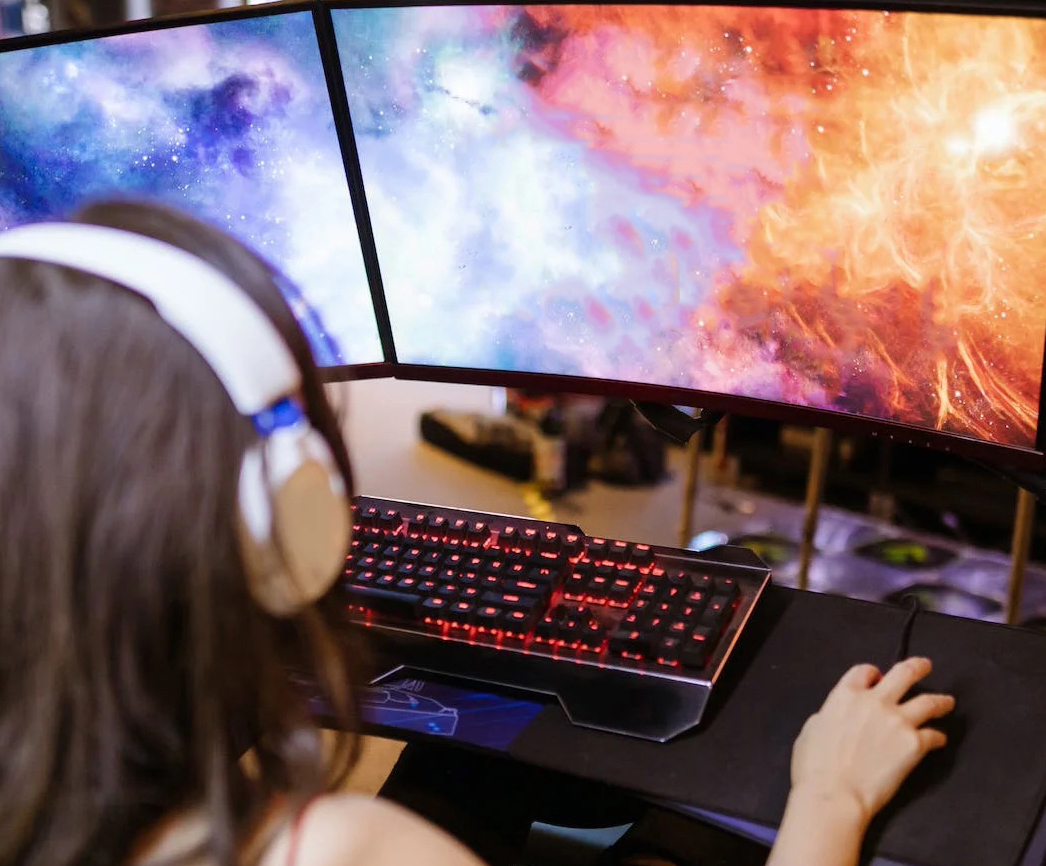CSGD-N259 - Game Design Studio 2: Mechanics and Gameplay
Course Description

Building on skills gained in Game Design I: Introduction to Unity, this intermediate studio course explores game design and development using the popular game engine, Unity. Students are introduced to programming with C#, with a focus on interactivity and mechanical design. Topics include level design, navigation, implementing animations and programmed movement, input with keyboards and controllers, physics-based interactions using collisions and triggers, game managers, designing goals and failure states, game feel and UI integration. Critical play exercises and play testing with fellow students will provide critical framing for iteration and developmental progression.
The combined skill development of the course will lead up to the development of a vertical slice, a playable prototype often used to access funding and publishing. Topics include game story flows, environment and level design, navigation, working with scripts, modifying game assets, optimization, effects, animation, rendering, and game states. Demonstrations and discussions about the game experience such as rules, play, inclusion, and accessibility, support the design process.
LEARNING OBJECTIVES
- Intermediate skills in Unity to develop projects independently,
- Skills to work with scripts and an introduction to C# programing,
- Learn game experience rules, play, inclusion, and accessibility,
- Skills to develop game mechanics to a playtestable state including exporting builds,
- Character controllers and input devices.
Students are responsible for purchasing their own software.
Recommended Prerequisites
CSGD-N159 Game Design Studio 1: Introduction to Unity or equivalent experience.
Applies Towards the Following Certificates
- Game Design Micro-credential : Qualifying Courses
- Game Design Skills Certificate : Required Courses





